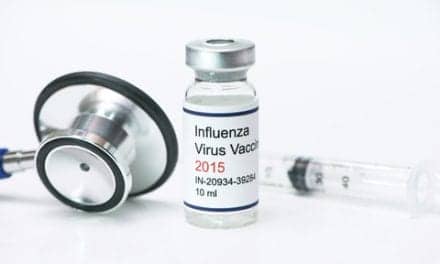A new study finds that one dose of the pandemic flu vaccines used in seven European countries provided good protection against pandemic H1N1 influenza in the 2009-2010 season, especially in people aged less than 65 years and in those without any chronic disease. The study, funded by the European Centre for Disease Prevention and Control, was published in the PLoS Medicine. The findings provide an indication of the vaccine effectiveness for the influenza A (H1N1) 2009 strain included in the 2010-2011 seasonal vaccines.
The study’s authors conducted a multicenter case-control study based on practitioner surveillance networks from seven European countries. Patients consulting a participating practitioner for influenza-like-illness had a nasal or throat swab taken within 8 days of symptom onset. Individuals were considered vaccinated if they had received a dose of the vaccine more than 14 days before the date of onset of influenza like illness and unvaccinated if they were not vaccinated at all or if the vaccine was given less than 15 days before the onset of symptoms.
The researchers analyzed pandemic influenza vaccination effectiveness in those vaccinated less than 8 days, those between, and including, 8 and 14 days, and those vaccinated more than 14 days before onset of symptoms compared to those who had never been vaccinated. They then used statistical models to measure the effectiveness of pandemic influenza vaccine according to three age groups (<15, 15-64, and 65+ years of age) and the presence of chronic diseases.
The results obtained during the late phase of the pandemic suggest good protection with the pandemic H1N1 vaccine, demonstrating vaccine effectiveness estimates between 65% and 100%). The findings also suggest that the 2009-2010 seasonal influenza vaccine—as opposed to the pandemic H1N1 vaccine—did not protect against pandemic H1N1 influenza illness.
Source: PLoS Medicine







